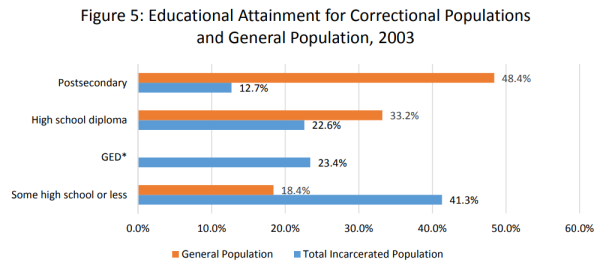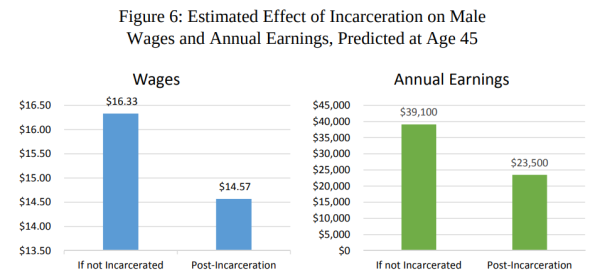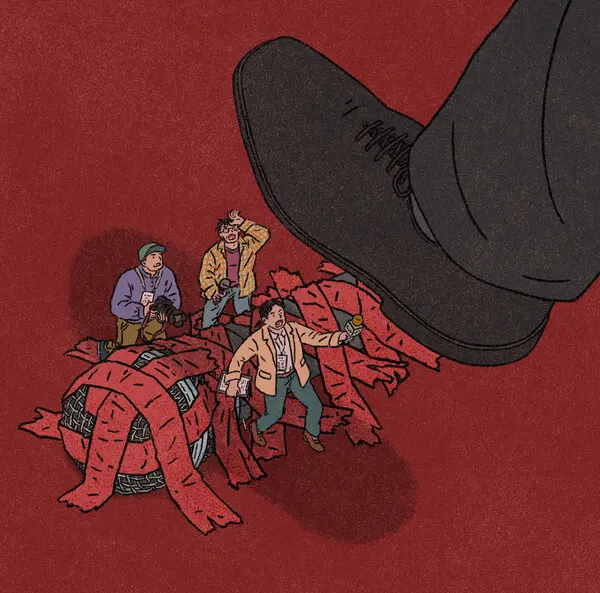A plea bargain is an unpopular, yet widely used, flawed contract that operates via the criminal justice system. What we see on television of criminal court cases only makes up about 2% of cases; the rest end in a plea deal. Because approximately 98% of criminal cases end in plea deals, it is safe to say that plea deals are the criminal justice system. It is important to know your rights before accepting a plea deal.
The legal definition of a plea bargain is “an Agreement between the defendant and prosecutor where the defendant pleads guilty in exchange for a concession by the prosecutor. It may include lesser charges, a dismissal of charges, or the prosecutor’s recommendation to the judge of a more lenient sentence,” according to the U.S. Department of Justice (DOJ). This means that both sides form a legal contract for the defendant to plead guilty.

Although accepting a plea deal can cost less money than carrying out a regular trial, it also results in a permanent criminal record, preventing you from presenting your case and evidence to challenge the prosecutor. This results in a major impact on professional life and a person’s contribution to the prosperity of the economy because “recent studies suggest that records may be preventing about one third of working-age males from contributing to the formal economy, leading to substantial lost income and tax revenue”, says the IRS. “18.4 percent of the general (non-incarcerated) population have not received a high school diploma; among the incarcerated population, the rate is more than double that at 41.3 percent,” Says the U.S. Commission of Civil Rights (USCCR). Beyond affecting jobs, a criminal record can also result in a suspension or revocation of a license. This means that losing something such as a driver’s license can cause a loss of transportation.

Back in 2006, the case, Alvarez v. City of Brownsville, explains how a special education ninth-grade student was charged with assaulting a police officer in Texas. Eventually, a video possessed by the city surfaced, showing that the boy did not actually commit the crime he was charged with. Due to his plea, he was sentenced to eight years in prison and found innocent only four years into it. His charges were dismissed, but this shows that a plea bargain can seem like a good choice even if there is a chance you will be proven innocent if you are falsely accused.
Immigrants are at a disadvantage when it comes to plea bargaining. Non-citizens can face more pressure than regular citizens based on the charge, or if they are being threatened by the prosecutor, the result may be deportation if it is not accepted. Even if plea bargaining is the best course of action, it may still result in deportation, which further supports the fact that accepting gives up your rights to a trial and guarantees being charged with a major crime.
Ultimately, it is important to know your rights before accepting a plea bargain and keeping in mind that it is always possible to be proven innocent in court.








